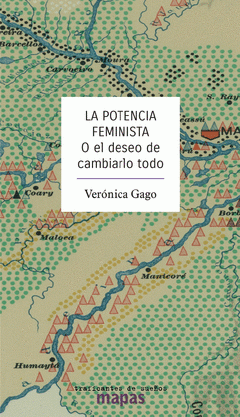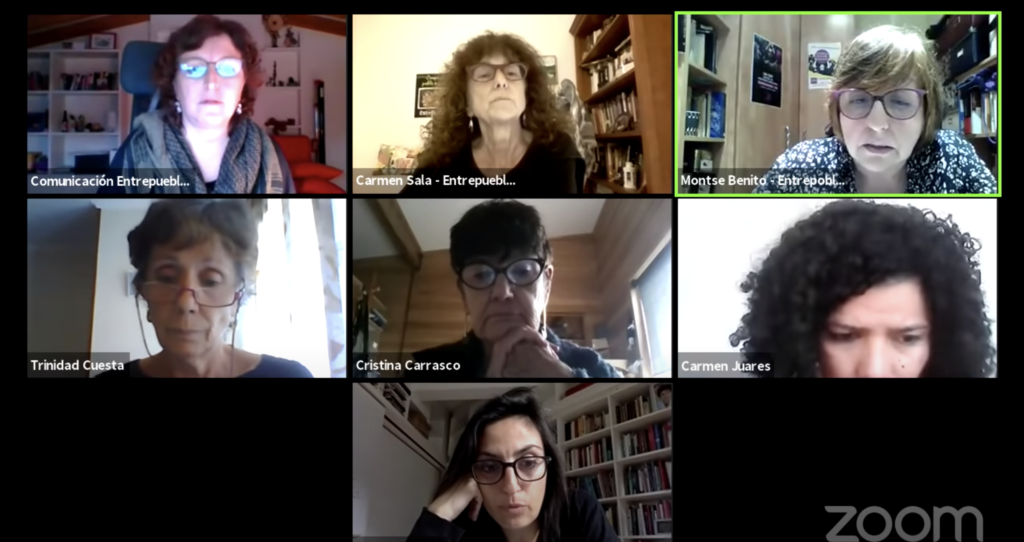Un libro por Verónica Gago.

“El movimiento feminista ha alcanzado en los últimos años un protagonismo de nuevo tipo. La masividad y radicalidad de esta experiencia política desbordó las calles y transformó la gramática de diversas luchas. Parte de un proceso que sigue abierto, La potencia feminista está escrita en clave de investigación militante, entre asambleas y paros, en diálogo con compañer*s de todo el mundo, desde dentro de las dinámicas organizativas. En este sentido, la huelga como concepto y como experiencia colectiva le sirve de lente para delimitar algunas problemáticas actuales del movimiento feminista y de la teoría política en general: un diagnóstico de la crisis que permite poner en conexión la violencia contra las mujeres con los regímenes globales contemporáneos de acumulación y de gobierno, con el actual patriarcado colonial de las finanzas; un replanteamiento de lo que entendemos por trabajo y consumo, por producción y reproducción, por explotación y extracción, para entender que hoy el capitalismo acumula sobre todas las formas de cooperación social, de trabajo vivo, de vitalidad social; la necesidad de componer las rebeldías, desplazando la retórica de la victimización, en el cuerpo a cuerpo que permiten las asambleas y los conflictos compartidos; una impugnación concreta, situada y a la vez parte de un nuevo transnacionalismo, al neoliberalismo y a la contraofensiva que este ha lanzado aliado con el conservadurismo. El retorno al orden que ambos propugnan, la vuelta al hogar heteronormativo que lidia de forma aislada con la escasez, la deuda y el despojo, es ya imposible. El deseo de cambiarlo todo, del que también surge este libro, se ha demostrado imparable.”



